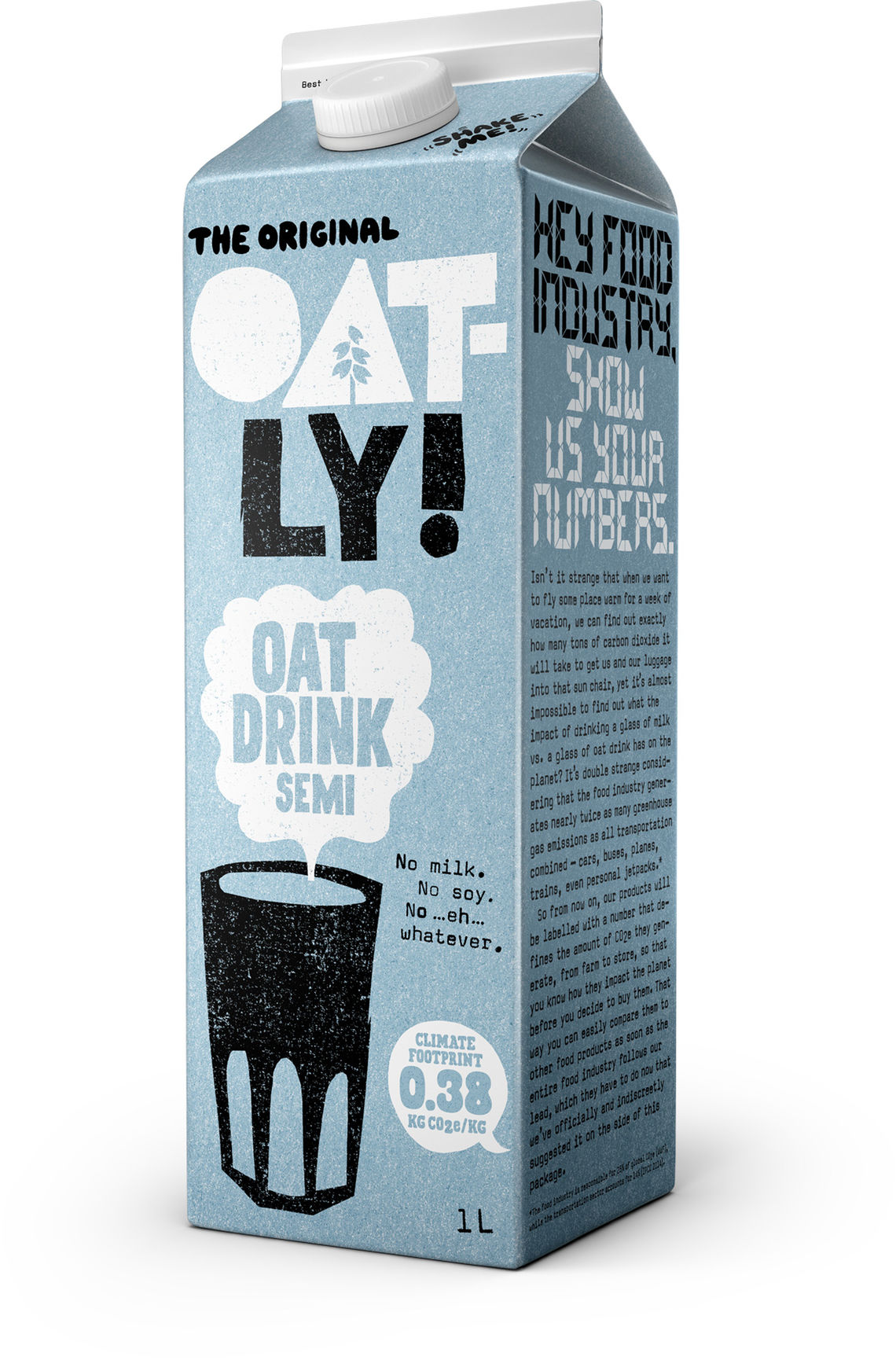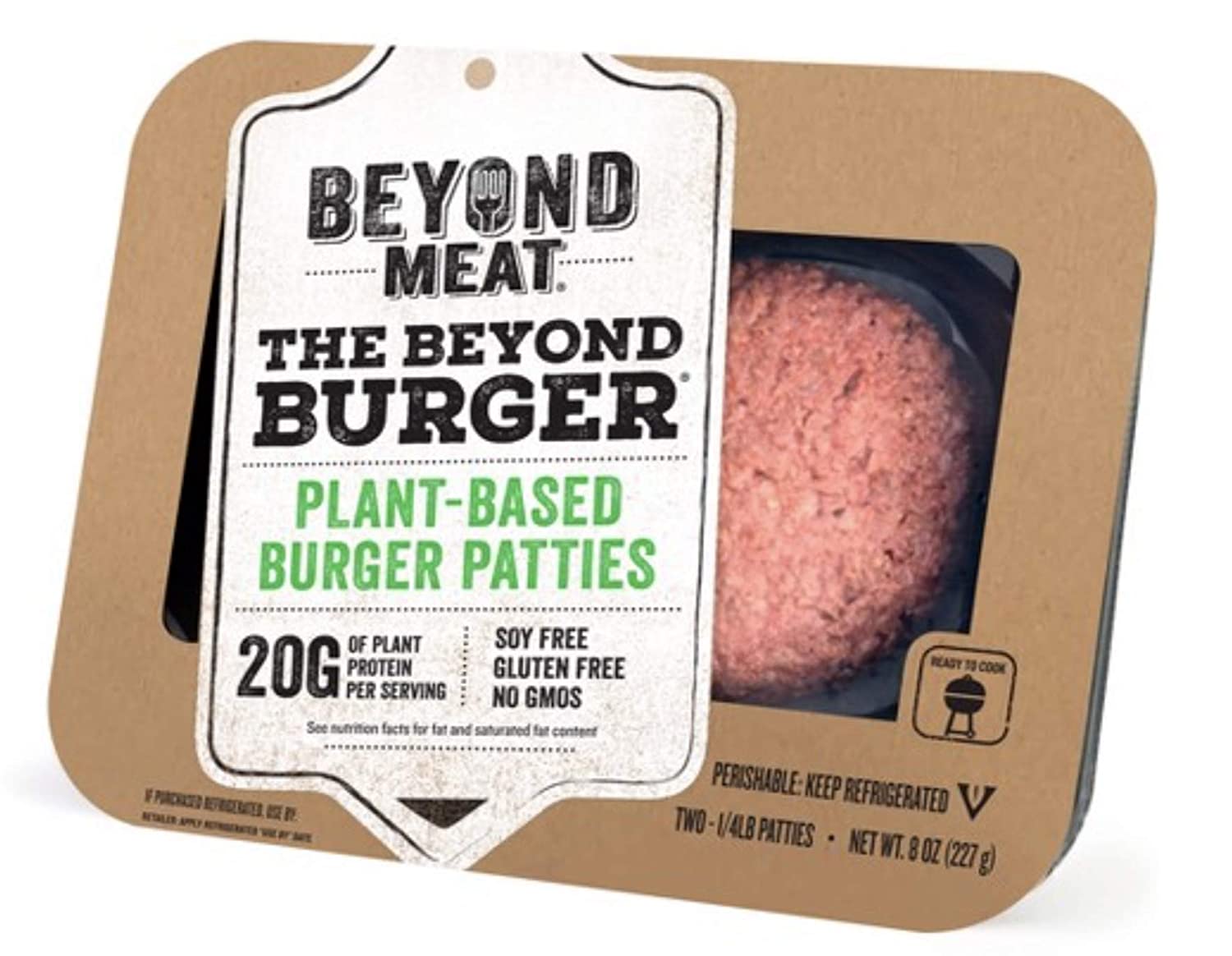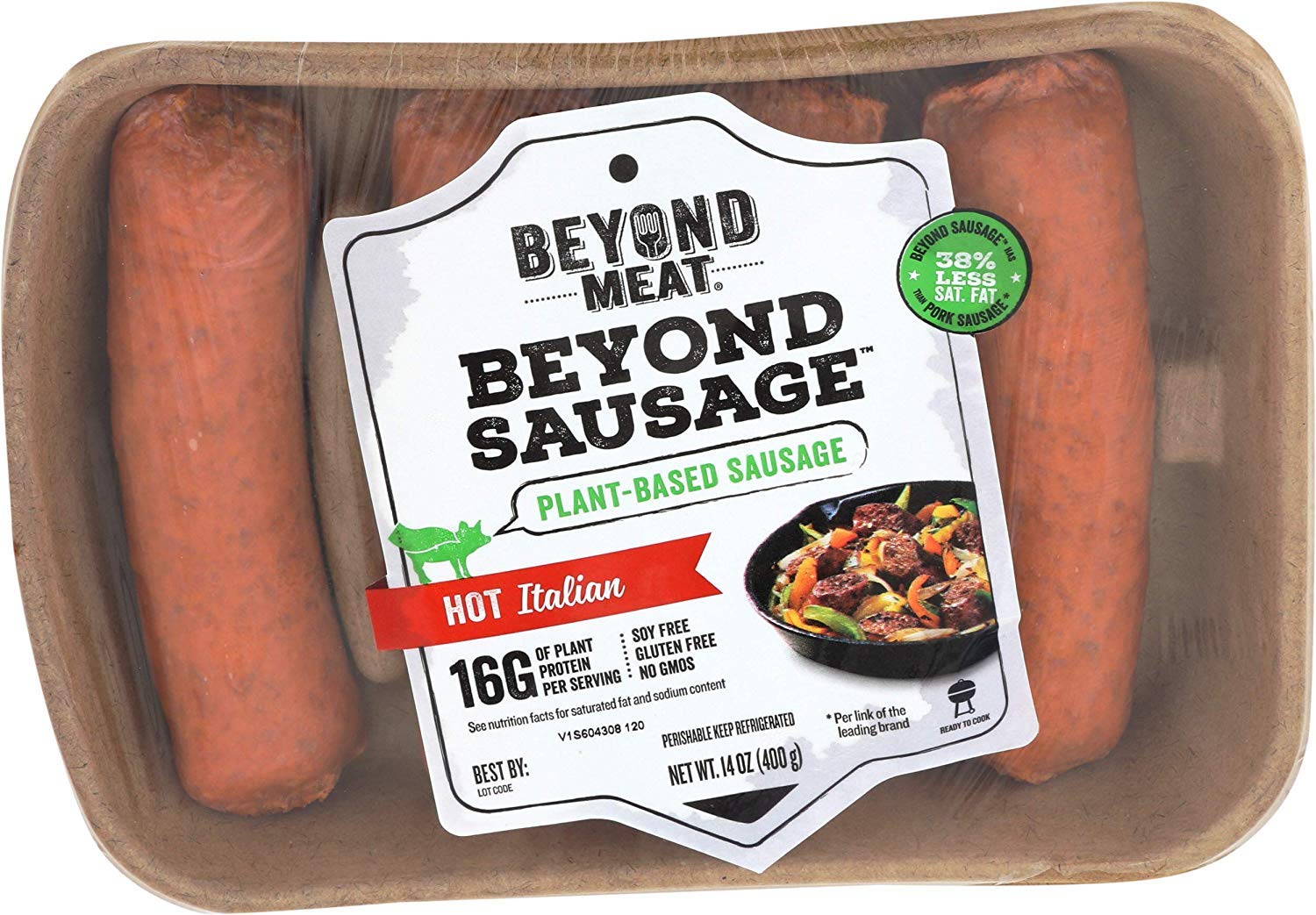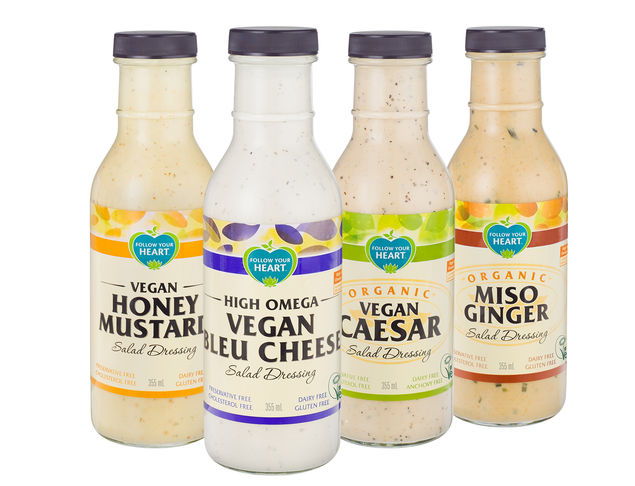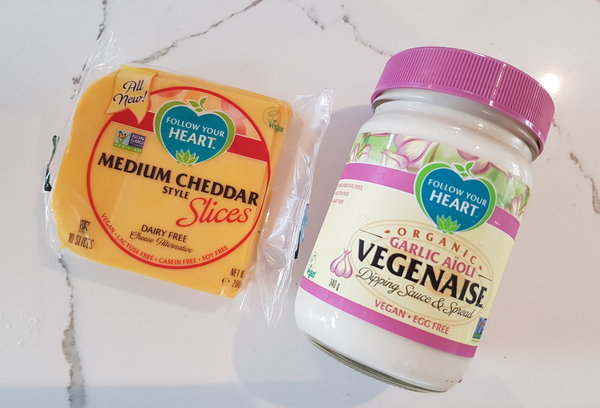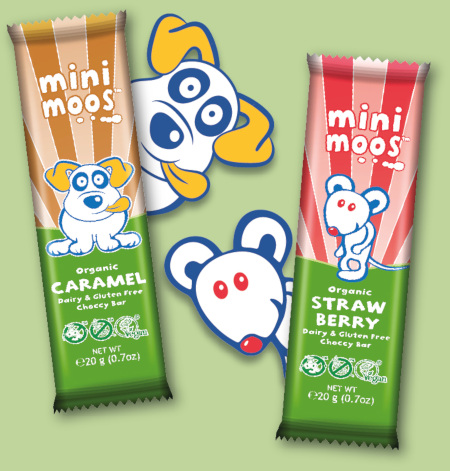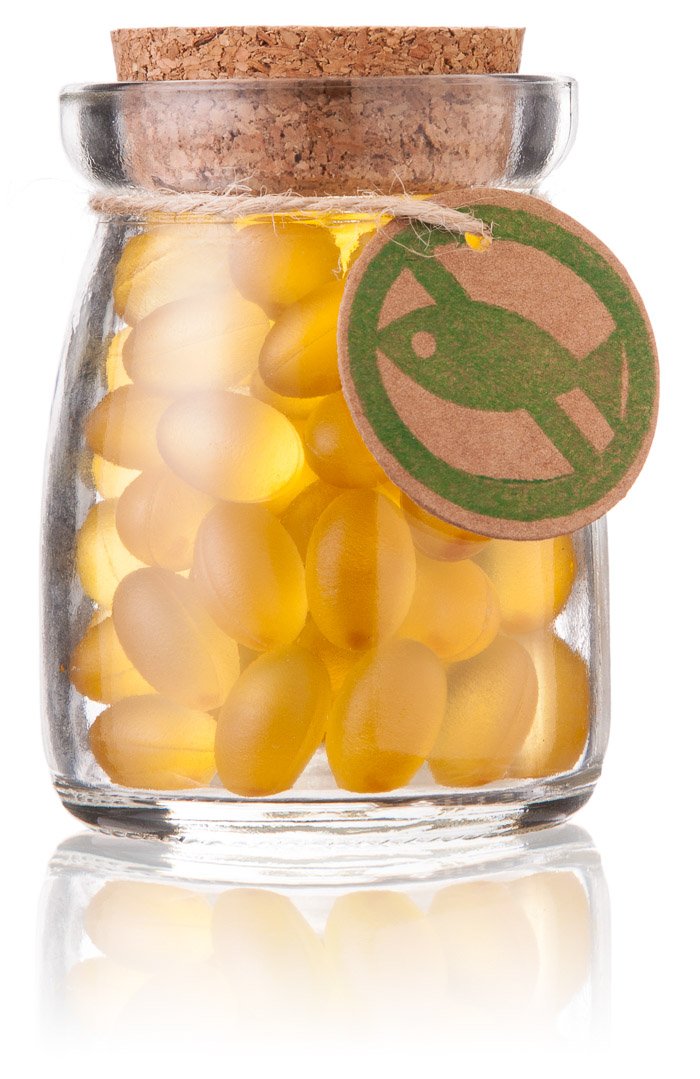Export opportunities for the plant-based revolution
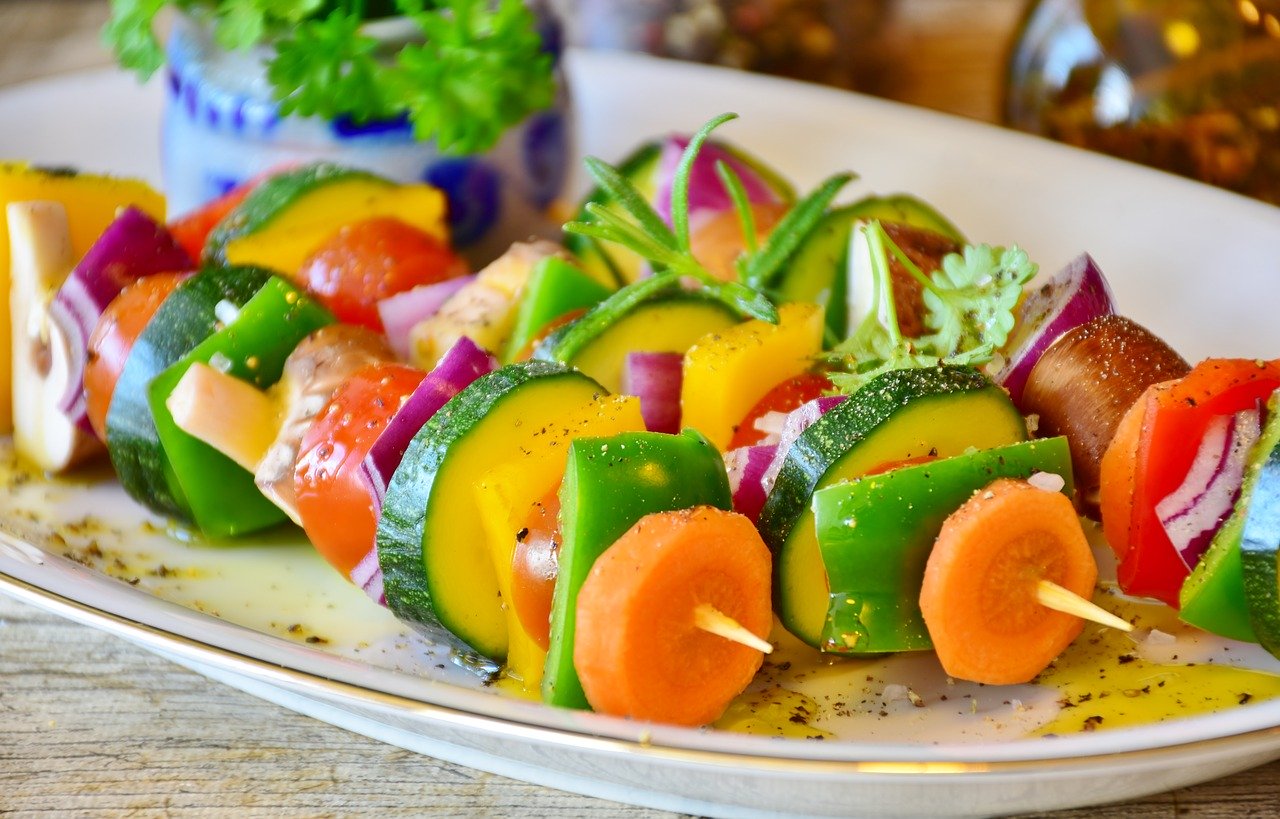
Since the term “vegan” was coined back in 1944, global interest in veganism has experienced rapid growth, particularly in the 2010s. According to The Vegan Society, demand for plant-based food products grew by 987% between 2012 and 2017, due to increased awareness of the health, environmental, and animal rights benefits of a vegan lifestyle.
Non-profit organisation, Veganuary, launched their first campaign in 2014, asking people to take a pledge to follow a plant-based diet for the month of January. The number of participants has grown year on year, reaching a record-breaking 402,206 people, from 192 countries, signing up for Veganuary in 2020.

Veganuary’s highest participating countries in 2020 were United Kingdom, United States, Germany, Argentina, Chile, Mexico, Italy, South Africa, Australia, and Sweden.
In 2018, the global vegan food market was valued at $12.69 billion USD and is projected to grow at a Compound Annual Growth Rate (CAGR) of 9.6% as demand for products continues to grow.
We have carefully selected six sub-segments of the vegan food and beverage market that we believe show real growth potential over the next five years. Each one provides examples of brands who are achieving international success in the space, as well as export opportunities for vegan brands thinking about going global.
1/ Plant milks
Over the last five years, the amount of people choosing to shift to plant-based milks has increased dramatically. This has also driven new brands and products to produce alternatives to traditional cow’s milk, with more options available than ever.
This shift in buying behaviour is the result of three movements:

In the UK, animal milk consumption has fallen 50%, with 23% of British consumers choosing non-dairy milks.
The general health benefits of non-dairy products are an on-going topic of discussion, with healthcare professionals urging the UK government to replace dairy milk with plant-based options in schools stating: “Dairy should not be an essential part of school nutrition”.
In the US there has been a similar shift away from animal milks. In a study conducted by The Good Food Institute, 41% of US households were identified as now purchasing vegan milks, with 43% of Americans at least trying an alternative milk product. This is also reflected in the food and beverage market, with almond milk experiencing significant popularity around the world. With a market value of $1.85 billion USD in 2016, sales of almond milk alone are projected to grow to over five billion dollars by 2024.

Export opportunities
2/ Meat Substitutes
Many cultures around the world still follow a highly meat and poultry rich diet. However, due to several significant scientific and environmental studies in recent years a noticeable shift is being made away from meat consumption.
For example, in a study conducted by the University of Michigan which compared the environmental impact of the meat-free Beyond Burger™ and a traditional beef burger found the following results:
Beyond Meat is just one meat substitute brand that puts environmental impact at the forefront of their messaging, but it’s clear to see that consumers are really starting to pay attention.
In preliminary data published by the United Nations in July 2020, global meat consumption per-capita is set to fall to the lowest value in nine years as a result of the COVID-19 pandemic. With a 3% drop from 2019, this year represents the biggest decline in global meat consumption since 2000.

Export opportunities
3/ Cheese and Dairy
For many vegans, giving up cheese is the hardest part of moving to a plant-based diet. The main reason for this is the limited number of quality dairy-free options in the market.
The same goes for other dairy based products such as mayonnaise, dressings and condiments, products containing egg such as fresh pasta and meringues, and butter-rich puddings and pastries.
Research conducted by Transparency Market Research, predicts that the global value of the vegan cheese market will reach a value of $7 billion USD in 2030, with a CAGR of 10% between 2019-2027.

Export opportunities
4/ Confectionery and Chocolate
In 2019, the worldwide chocolate confectionery market was valued at $130.56 billion USD. That being said, there is a huge gap in the market for vegan and dairy-free chocolate and confectionery.
According to the Mintel Global New Products Database, only 5% of global chocolate products launched between December 2015 and November 2018 claimed to be vegan.
Consumers are likely to have noticed the increased number of vegan chocolate and sweets on the shelves of their local supermarkets, however, higher price points are proving challenging even for bigger brands.
For example, Mars launched three dairy-free varieties of their popular Galaxy chocolate bars in 2019, however, they are double the price of their non-vegan counterparts (£3.00 GBP for a 110g bar versus £1.50).

Export opportunities
5/ Alcohol
Although the organic wine sector is still relatively small, accounting for 3.6% of global wine consumption in 2019, there is a huge opportunity for organic wine producers to branch into the vegan market by making very little changes to their current processes.
Due to the ambiguous nature, and sometimes lack, of ingredient labelling on wine and other alcoholic beverages, it is often difficult for vegan consumers to identify whether a product is suitable for them or not.
Egg whites, gelatine and milk protein are often added to white wines, whilst isinglass, obtained from the dried swim bladders of fish, is also used in wine making and the refinement of ales.
As most organic wines do not use animal products during the production process, making small changes to labelling would open up a new buying audience that may not have been tapped into previously.
Brand spotlight: Proudly Vegan Wines
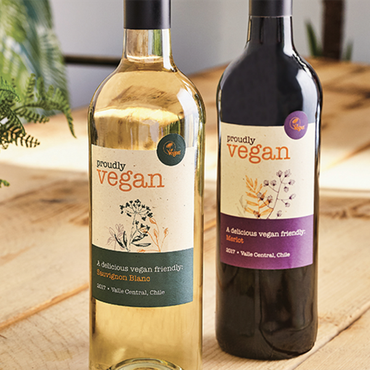


Export opportunities
6/ Supplements
In a market analysis by Grand View Research, the global market size of plant-based supplements was estimated at $4.18 billion USD in 2019, with a CAGR of 7.9% between 2019 and 2015.
Due to a lack of certain vitamins and minerals in a plant-based diet, many vegans are looking to take natural and organic supplements to boost their immune system and provide the vital vitamins they need.
Pea protein products have seen a huge rise in demand over the last 18 months, including in the supplement space where it is expected to account for 20.3% of the market share by 2025. Pea protein supplements have an added benefit in that they also appeal to individuals who are allergic to eggs and/or dairy.
Alongside this, there are also ethical issues surrounding the mass farming of fish to be used in the production of supplements such as cod liver oil and Omega 3 tablets.

Export opportunities
It’s safe to say that the plant-based revolution shows no sign of slowing and there are plenty of export opportunities for brands that are passionate about bringing their vegan products to the masses.
We’ve barely scratched the surface with the opportunities available for vegan food and beverage companies, so if you want to talk about the potential to export your products do not hesitate to get in touch, or check out our current opportunities here.
Sources: VeganSociety, Veganuary, GrandviewResearch, GFI, Statista, FAO, TransparencyMarketResearch, Mintel, BeverageDaily,

